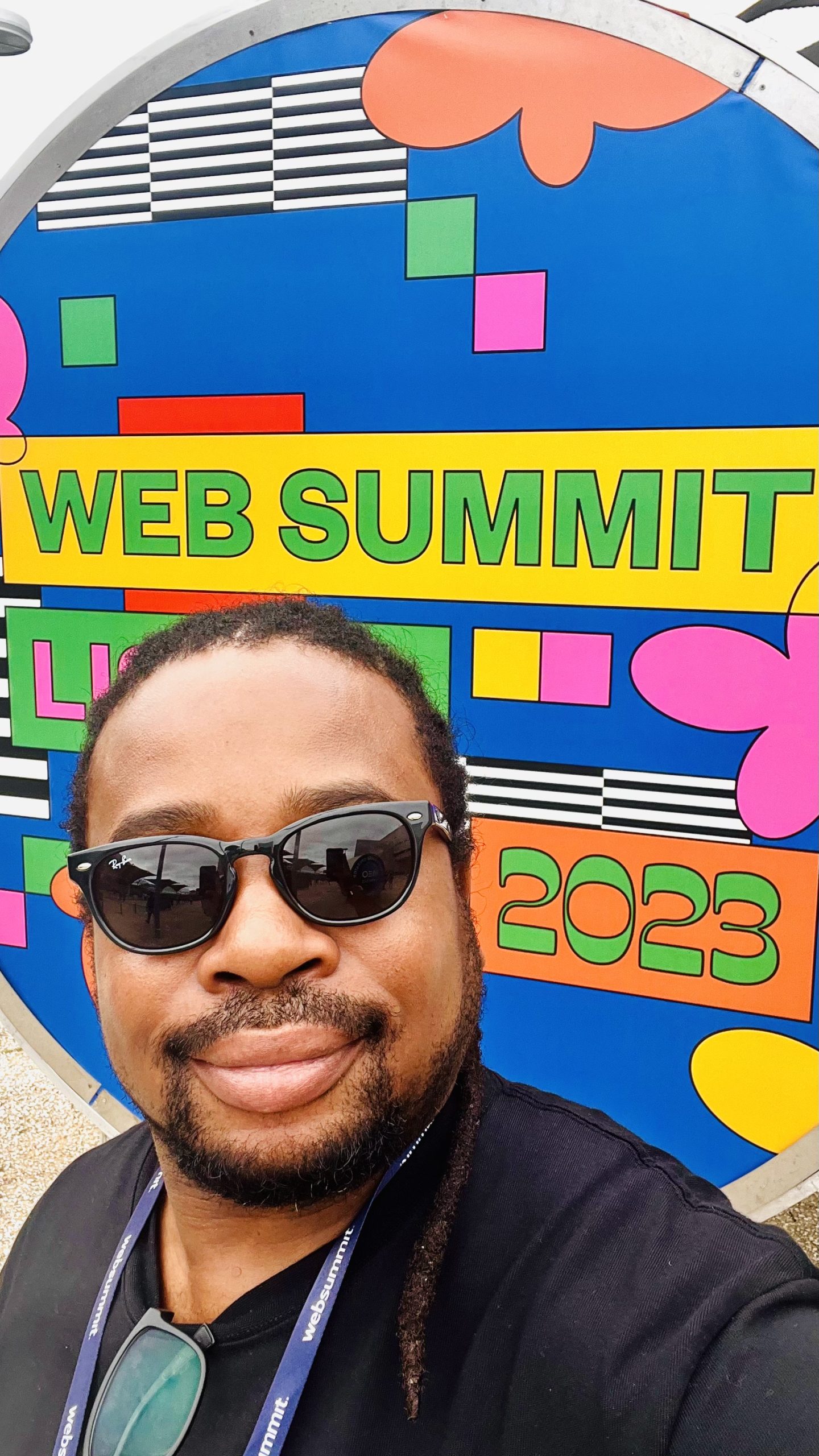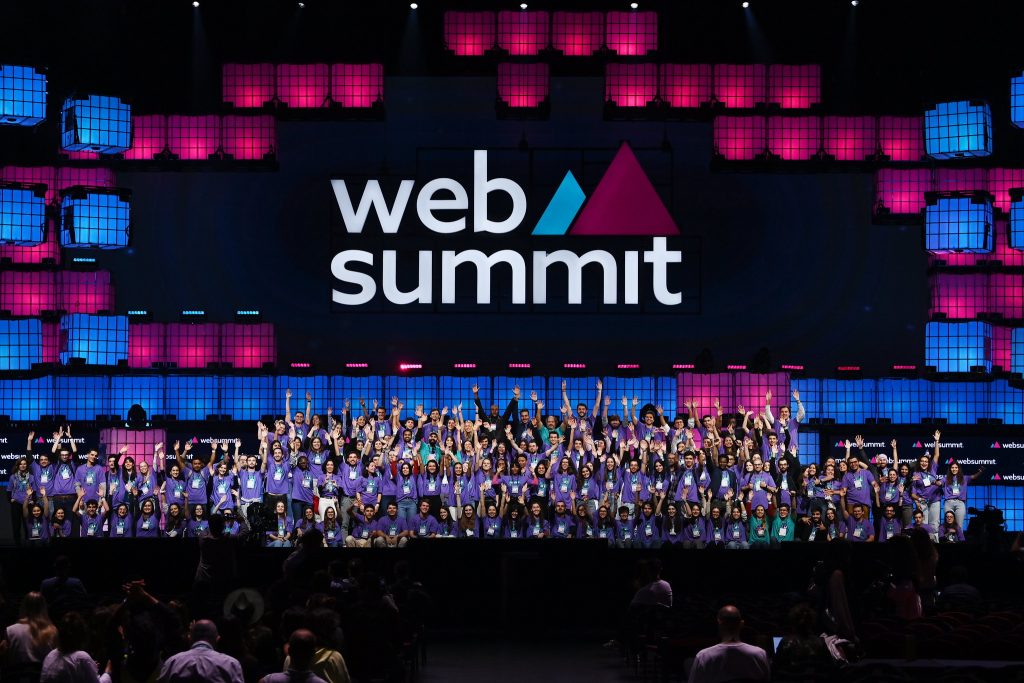
Welcome to Web Summit 2023, the annual conference where caffeine-powered innovators, tech wizards, and investors collide. Born in Dublin, grew bigger than a viral cat video. Started small, blossomed big. From tech gathering to tech extravaganza, swapping Irish rain for Portuguese sun. But this isn’t just an event; it’s a digital circus that takes over Lisbon’s Altice Arena and its surroundings.
The centre stage hosts keynote talks and pitch competitions, while nearby pavilions hum with panel discussions, workshops, and product demonstrations. Think Disneyland for the digitally inclined, where ideas sparkle brighter than fairy lights, and the only thing disrupting your flow is the occasional German robot.
It’s a bustling hub of digital brilliance, where ideas spark, laptops hum, and the air is buzzing with innovation. Picture a bazaar of bytes and bandwidth, where innovators from around the world mingle, each with a mission to reshape the future – probably using AI. It’s where startups strut, investors hunt, and visionaries party harder than your local on a Friday night. From Europe to the world, this is the tech world’s rock concert.
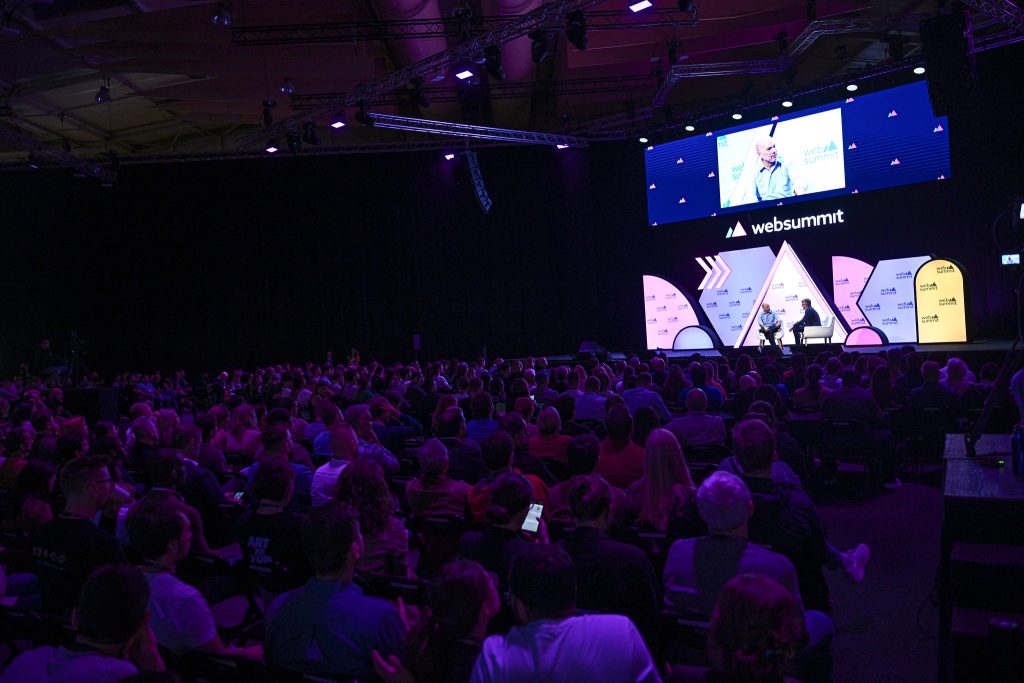
Comparing this year’s statistics with the impressive 71,033 turnout of 2022 reveals steady development and continued commitment towards inclusivity. This year’s numbers paint a vivid picture of enthusiasm, with a melting pot of interests from sports enthusiasts to music aficionados, merging with tech and AI enthusiasts.
Web Summit 2023 saw a similarly high attendance level of 70,236, just a slight dip from last year’s figure. However, what truly stands out is the increased representation of women this year, marking a rise from 42% in 2022 to 43% among the attendees. Moreover, the record leap in the proportion of female speakers, climbing to over 38%, reflects a sustained effort to amplify diverse voices and perspectives within the tech landscape.
This slight numerical shift represents a stride forward in the ongoing industry-wide journey toward greater gender parity and inclusivity, making each event a stepping stone towards a more balanced and vibrant tech ecosystem.
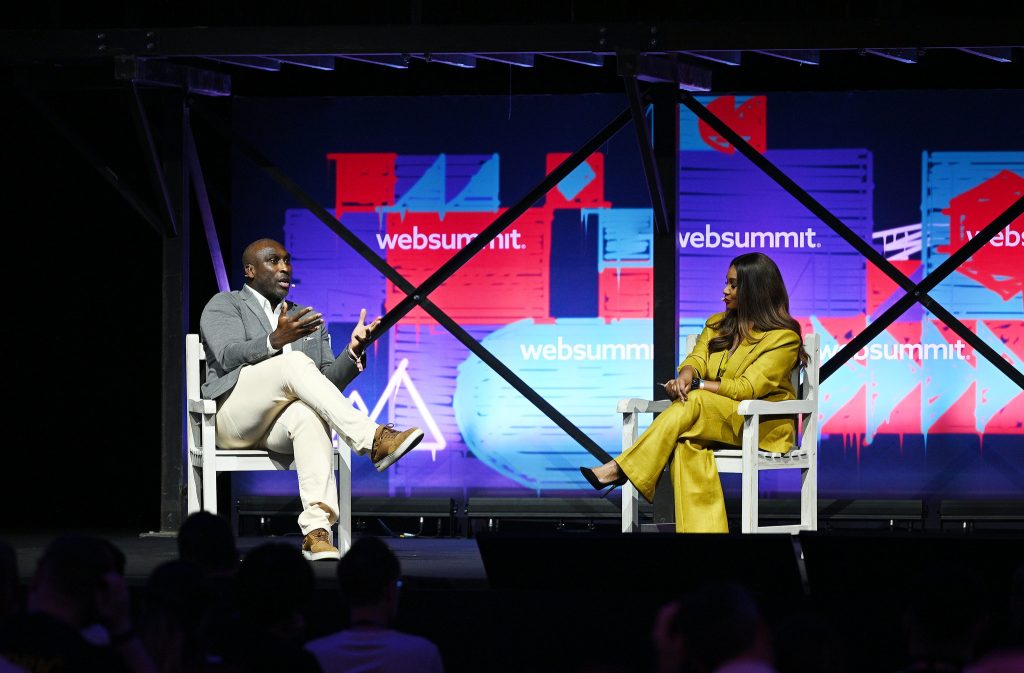
A 1.12% drop in attendance from Web Summit 2022 to 2023 might be considered relatively small or negligible, especially for large-scale events that typically experience fluctuations in attendance from year to year. It’s necessary, however, to analyse the context behind the attendance figures and any influential factors that might have impacted attendance.
Weeks before the conference, co-founder, majority shareholder and de facto face of the company, Paddy Cosgrave, tweeted the most tame, rudimentary commentary on current affairs possible: “I’m shocked at the rhetoric and actions of so many Western leaders & governments, with the exception in particular of Ireland’s government, who for once are doing the right thing. War crimes are war crimes even when committed by allies, and should be called out for what they are.”
For the high crime and misdemeanour of denouncing war crimes, Big Tech rallied to punish Cosgrave by pulling out of the conference – he swiftly resigned as CEO and hasn’t tweeted since. However, the absence of Google, Meta and Amazon – among others – only brought the spotlight back to one of the most prominent aspects of Web Summit: innovation.
Startups ruled centre stage, showcasing their ideas and driving a noticeable shift in the event’s dynamic. Young companies took the space and opportunity to thrive, and there was a palpably younger energy to this event than previously.
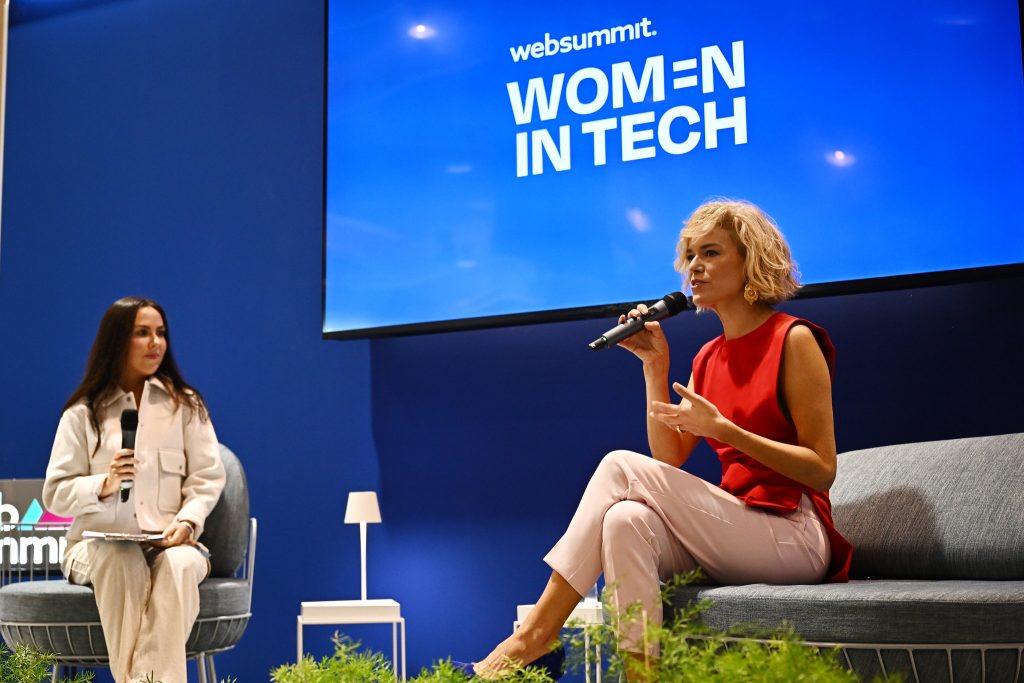
In her debut opening address, new CEO Katherine Maher emphasised the urgency of addressing the potential discord arising from rapid technological progress. She commended the multitude of innovators shaping the event, envisioning a future where technological advancements (notably AI) drive solutions for global challenges, including climate change, healthcare, and societal progress toward a more interconnected, prosperous, and sustainable world.
In the PITCH competition, Inspira, a Brazilian AI startup founded in 2021, clinched first prize. Although they only won 27% of audience votes, behind Kinderpedia’s 54% (with Cognimate getting 19%), Inspira stole the show as the jury’s top pick among 100 competing startups. Their AI-powered legal assistant designed for streamlining day-to-day operations led them to victory.
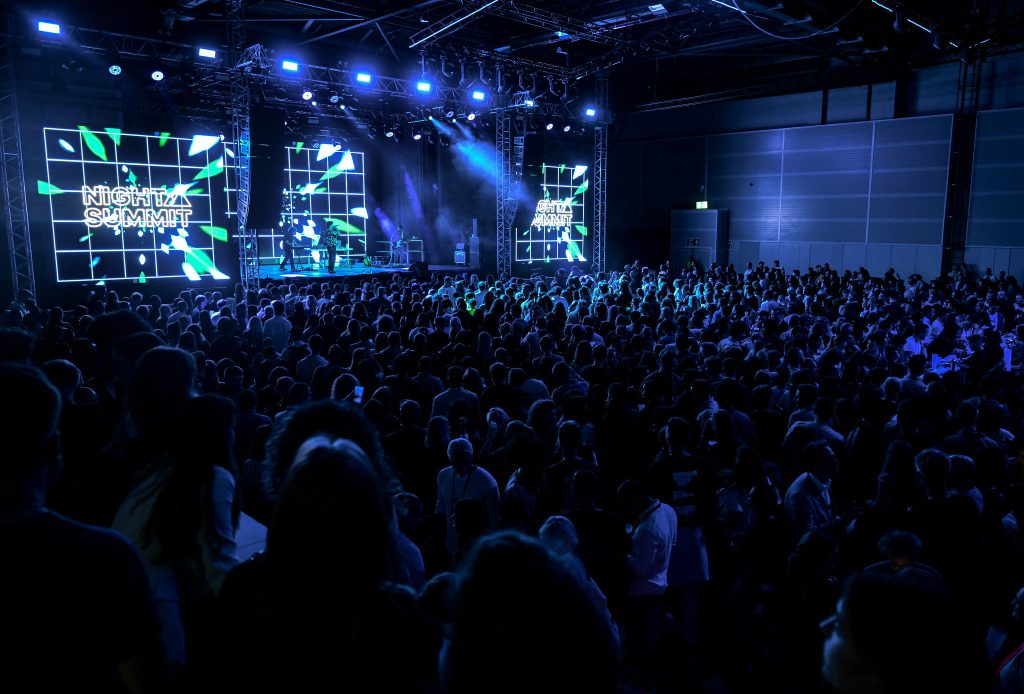
And, of course, behold the Night Summit, where the long day transforms into a nocturnal playground for attendees. The venues pulsate with energy as the sun dips below Lisbon’s skyline, offering everyone a chance to ditch business for a more relaxed vibe. While not a sanctuary from elevator pitches in shuttle buses or entry queues, it’s a chance to network more vigorously over a glass of rosé.
Amidst the flurry of jovial conversation and the aromas from the food trucks, one must navigate a treacherous path mined with trip hazards and karaoke microphones, meeting fascinating people from as far afield as Finland and the Dominican Republic. Yet, despite the occasional mishap or empty cup, the Night Summit remains the pièce de résistance, a dreamscape where the tech-savvy trade pitches for pints, and geeks forge alliances on Pavilhão Carlos Lopes dancefloors and in Pink Street pubs.
Web Summit 2023 felt surprisingly alive and engaging, defying the doom-laden forecasts. Despite the controversies and political shadows, this year’s event buzzed with unexpected energy, making it more fascinating than anticipated. It was a vibrant mix of intriguing conversations and captivating showcases, turning out to be much more fun and personal than anyone could have guessed.
